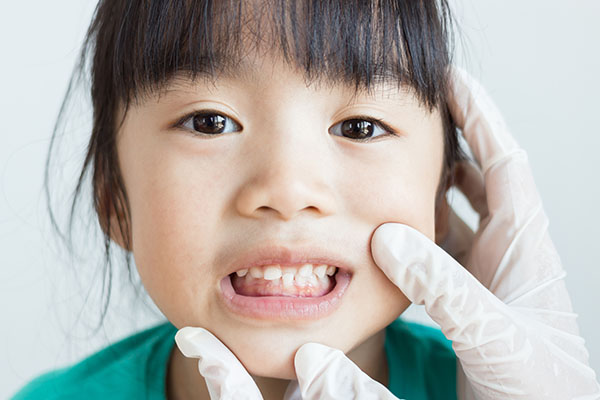 Drinking water is part of pediatric dental health. Water is flavorless, colorless, and hydrating. It is a universal beverage that allows the body to maintain its balance. Pediatric dental health also needs water. That is why every child should start and maintain the habit of drinking it. If you want to know the pediatric dental benefits of hydrating with water, here are the facts.
Drinking water is part of pediatric dental health. Water is flavorless, colorless, and hydrating. It is a universal beverage that allows the body to maintain its balance. Pediatric dental health also needs water. That is why every child should start and maintain the habit of drinking it. If you want to know the pediatric dental benefits of hydrating with water, here are the facts.
Keeps the mouth clean
Any beverage can wash down food. Yet, colored, sugar drinks leave excessive amounts of sugar in the mouth. The tooth’s first line of defense is the enamel. This layer protects the tooth from sugars, bacteria, and acids.
Bacteria feed on the sugars from sweet drinks. This makes them reproduce and thrive. These microorganisms release acids that corrode the tooth. Once the enamel weakens, more acids attack the tooth. Then, cavities form.
Other beverages are less sweet but have high acid content. They weaken the enamel as well. Water does not have sugars or acids that destroy the enamel. It washes away food particles. Water that has fluoride can also coat the teeth and fight acids. These pediatric dental benefits enhance the child’s oral health.
Strengthens teeth
Water with fluoride can prevent tooth decay. It reduces the development of cavities by at least 50%. Forming the habit of drinking this type of water can help maintain good pediatric dental health. The Centers for Disease Control and the World Health Organization support the fluoridization of tap water.
Fluoride is Mother Nature’s cavity fighter. It is a pediatric dental element that combines with the tooth enamel of developing teeth. Fluoride also mixes with saliva to help fight plaque formation. Studies show that water fluoridization prevents the development of cavities in the permanent teeth of children and teens.
Prevents dry mouth
A dry mouth produces less saliva. This encourages tooth decay. Saliva is a valuable component in maintaining oral health. It is a pediatric dental buffer. Water neutralizes bacterial acids that corrode teeth. It also contains phosphate and calcium that fight against tooth decay.
Makes a balanced buffer
Saliva has a basic pH. Acid levels in the mouth increase whenever food enters it. Bacteria consume the food particles and release the acids. Water helps in the production of saliva, which counters the acids with its basicity. Saliva has 95% water. Children should form the pediatric dental habit of drinking water to maintain a healthy, well-hydrated mouth.
Fights bad breath
A dry mouth causes bad breath. Drinking water all day maintains a good level of hydration in the mouth. It buffers the bacteria that thrive and produce odor. Water also clears the mouth of food particles that speed up the formation of tooth decay and aggravate bad breath.
The pediatric dental benefits of drinking water include maintaining a well-balanced oral environment
Maintaining a healthy mouth is one of the lingering pediatric dental goals for children. Water is important in keeping bacteria and tooth decay at bay. Pediatric dentists always encourage their young patients to form this healthy habit. An appointment with your pediatric dentist can help explain more of the pediatric dental benefits of drinking water.
Request an appointment or call Cedar Smiles Pediatric Dentistry at 512-808-5666 for an appointment in our Cedar Park office.
Related Posts
Plaque is one of the main concerns in pediatric dentistry. Pediatric dentists aim to prevent the accumulation of plaque on primary and permanent teeth. The absence of plaque leads to a healthy set of dentition. This then leads to a healthy body. If you want to find out how to keep plaque at bay, here…
Pediatric dentists need pediatric dentistry tools to examine and treat their young patients. A child’s mouth has a simple environment. Basic pediatric dentistry tools can help the dentist perform oral examinations. If you are going to bring your child to a dental exam for the first time, here are the pediatric dentistry tools to expect.This…
Pediatric dentists want you to know that your child can avoid the pain and discomfort of tooth decay with your help. Child tooth decay is preventable. Getting involved in a good oral hygiene routine is key to preventing childhood tooth decay. Pediatric dentists want to help you and your child develop those good habits from…
